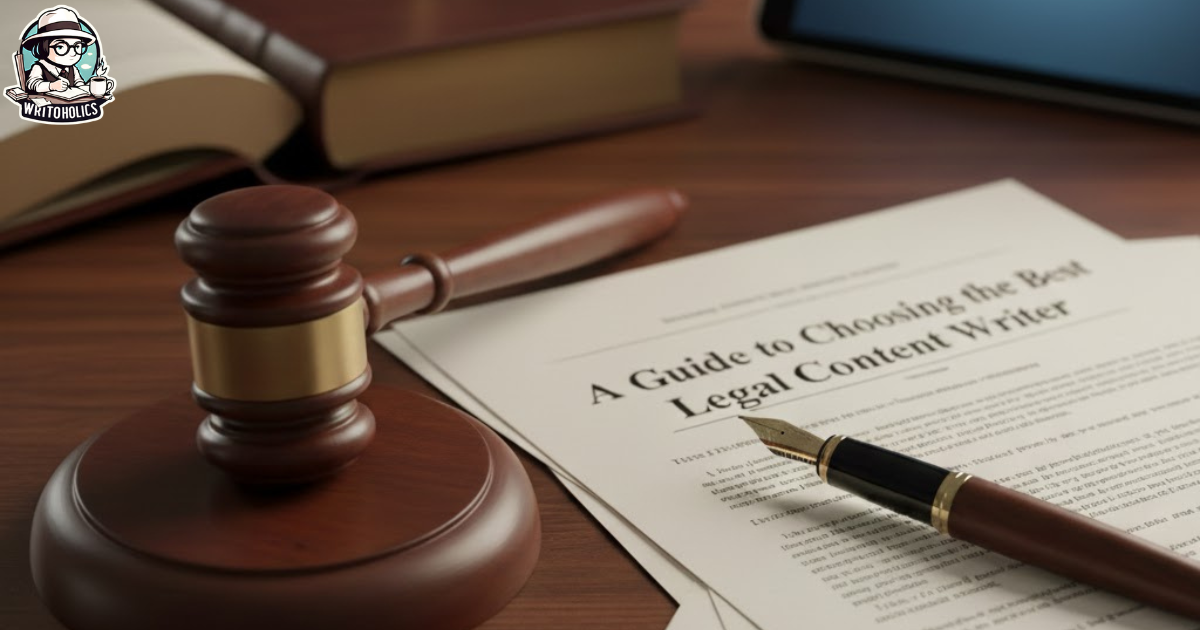
Long-Form vs. Short-Form Content for SEO – What Works Best?
You've probably heard this a hundred times:"Long blogs rank better on Google." But then someone else tells you, “Keep it short. No one reads long articles anyway.” So now you're stuck, right?
Should you go all out and write 2,000+ words? Or should you keep it short, like 500 words max? This is one of the most confusing parts that writers across the globe face in SEO. Because honestly, everyone has an opinion, but what actually works? Let us break it down for you in the simplest way possible. So just hang and keep reading.
What is short-form content?
You're scrolling through your phone and just want quick info for any topic, nothing too long or heavy, just you need that relevant information. A type of content that's a bit straight, clear, and easy to read, these usually range between 400 - 1,200 words. This type of format is simple; just get to the point and keep it light.
You'll see short-form content all around you, examples;
•Social media posts (like Instagram, LinkedIn, Twitter)
•Short blogs or listicles
•Quick emails or newsletters
•Infographics (those colorful info posters)
•News updates or alerts
•Paid ads
•Website pages
Today's world has undergone significant changes, especially in the digital space, and we can now see this shift. Just look around, everyone is just scrolling and swiping. Short-form content helps people get info fast, without losing interest. And honestly, that's what makes it so powerful.
For businesses, it works really well by grabbing quick attention and often gets more engagement because people actually finish reading it. So, if you want your message to reverberate with people, short-form content is a better option.
What is long-form content?
So basically, long-form content means writing the topics a bit more well researched, giving full information like the complete background information, explaining from different angles, providing real and more examples with a proper, clear explanation.
And usually long-form content ranges more than 1,200 words. But yeah, the word scount can largely change depending on what you're writing about and who's going to read it. Since it's going to be well-researched content, writing long-form content takes more time, no doubt about it.
But investing in this will really be helpful; it helps in SEO, brings more traffic, and people actually trust you more because they feel you're serious about the topic. So if you're trying to build your brand or want to be known as someone who knows deeper information, targeting reliability, then long-form content is a solid option.
How to pick the right content length for your goal
Make this thing clear:
1. What's your end goal for this writing?
• Want to build brand awareness fast? Go short.
• Want to rank on Google and build trust? Go long.
2. Who is your target audience?
• Busy readers? Keep it short.
• Researchers or buyers? Give them depth.
3. What's the topic you're intended to discuss?
• Simple how-tos? Short is enough.
• Detailed guides or comparisons? Go long.
When to utilize short-form content vs. long-form content
Use short-form content when:
• The topic you have picked is simple and only needs a short explanation.
• You'll primarily focus on addressing trending issues and providing quick tips.
• You want to drive organic traffic and engagement on social media platforms or email.
• Your primary target audience is generally the on-the-go crowd.
Use long-form content when:
• The topic that you have selected demands a detailed explanation or comparison to stand alone.
• You're building a thorough, informative resource or guide.
• Your sole purpose is to create a brand image and rank for long-tail keywords.
• You want to be considered an expert in that area.
Does the content length matter from an SEO perspective?
The answer to this question, wait, we're not going to blabber. Yes, it does. But no worries, not in the way most people think. See, just writing long content doesn't mean it has the deserved quality that it needs to rank. But yeah, Google does prefer content that gives complete, clear answers, and that usually needs a bit of length.
If someone's searching for a simple question like "how to boil eggs," even 500 words is enough. But if it's something like "how to start a business in the US," then you need to explain properly, right? That's where longer content helps. So yeah, content length matters, but only if the quality is also there, don't just stretch it for the sake of it.
At the end of the day, there’s no fixed rule for what works better, long-form or short-form.
It all comes down to your goal, your topic, and your audience. Some topics need just a few lines. Some require a complete guide. What is really important is that your content is clear, helpful, and easy to read. That’s what Google likes. That’s what people trust.





.png)
